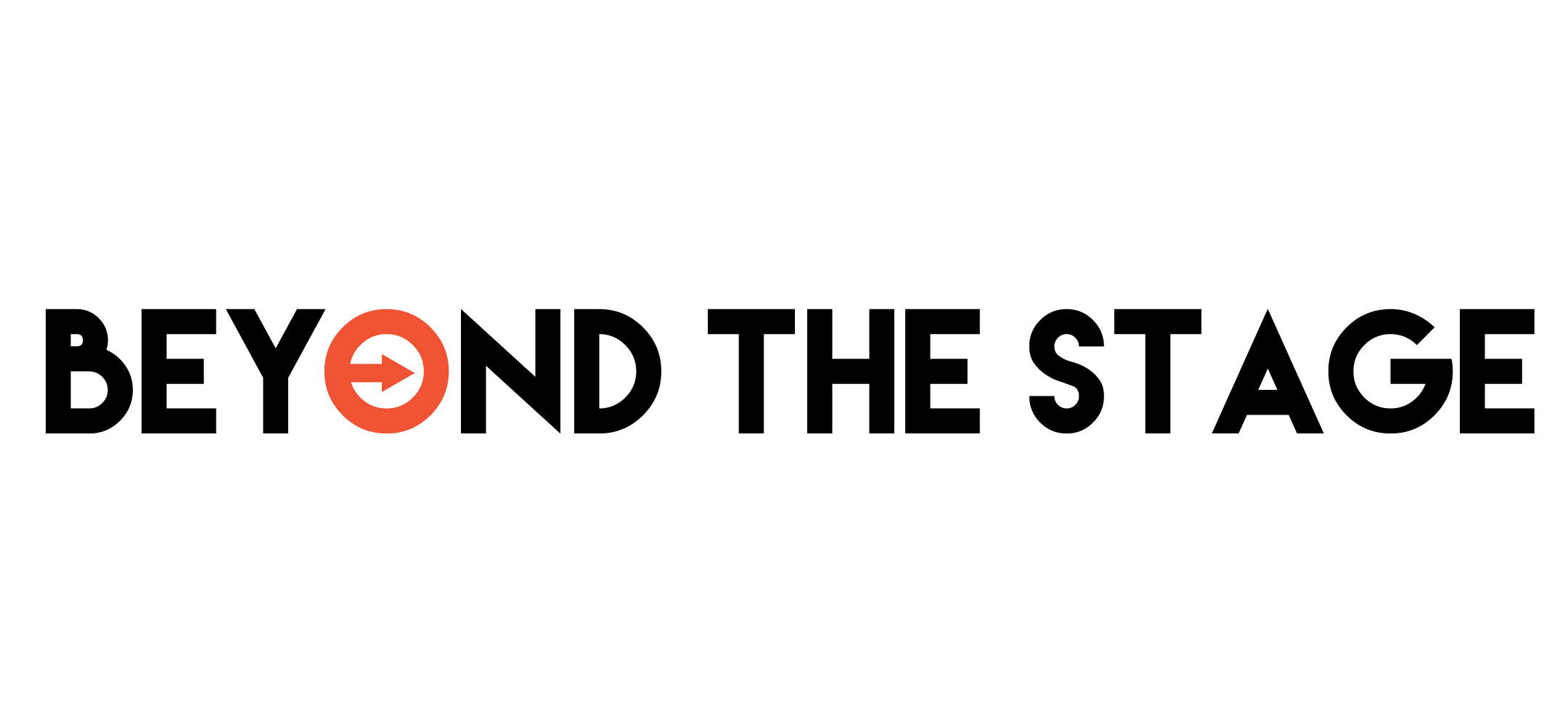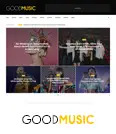We got a chance to chat with him about his latest project 914EVER, his career path, and the presence of regional influence in hip hop.

BTS: What inspired you to become a hip hop artist?
Paradise: I started rapping because I feel like I have something to say. I feel like every artist has that moment where they try to figure out themselves as an artist, and I had that realization last year. I knew what I wanted to say, how to go about saying it, and what I wanted everything to sound like. I also felt like I had a unique perspective to offer, so my music would be different from other artists.
BTS: As far as producers are concerned, who have you been working with lately?
Paradise: I met most them through the internet and through college. My right hand producer Maz and I met in college my freshmen year, but we didn’t really mingle until junior year. Then we really got together and started creating a lot of work. One of my other producers, Venom, is from Toronto. He’s incredible. He’ll probably get more work in the next project. Then my other one, his name is Tony, is from Atlanta, but I also met him in college. It’s very homegrown. I’m also producing a bit for myself as well.
BTS: How would you describe 914EVER to our readers who haven’t heard it yet?
Paradise: It’s just honest music with fun choruses that hopefully you’ll sing along to. This whole EP is about the city of Yonkers, the city of New York as a whole, and the way it sounds. I wanted to bring out the stories of just my experiences here, growing up here, the lessons I’ve learned, and the people I’ve met.
BTS: What was your favorite track to record from this project?
Paradise: My favorite song is the fourth track, which is called “Aquemini.” It’s about a girl and you’re trying to get her attention, but you know she doesn’t even need your attention because she has it from every other guy, so what can you bring to the situation that’s different? The cool thing is that in the middle of the song, we have a trap Jersey section. It was a lot of fun for me to play with that type of sound.
BTS: Do you think if you were from a different city your sound would be different? How heavily influenced by the city is your sound?
Paradise: In New York, rappers have this type of mentality that you need to, first and foremost, be a good rapper. They want you to be very bar-oriented. They want you to have punchlines. They want you to be very gritty. That’s not my only thing; that’s hardly my only thing. I think I’m a good technical rapper, but I like making music and songs. I don’t want someone to hear my music and think, “Oh, a rap person who listens to rap is going to enjoy this.” I want it to be like, “Yo I listen to pop, but I really enjoy what you did with this chorus, I can repeat it, it’s cool.” So I everyone can enjoy the sound. If I were from a different place, I wouldn’t be so worried about what I’m writing. I would be more conscious about how the music sounds. I want to make sure when people hear my music, they’re like “I can relate to what he’s saying a lot.” That’s important to me.
BTS: Who were your biggest influences when you were developing your sound?
Paradise: There’s a lot that influences me. Growing up, my family that listened to a lot of different music; rap was not my first thing at all. Probably my last thing, because my parents wouldn’t let me listen to rap. I was around a lot of R&B, pop, like old school R&B, and even church music. But then when I started getting into rap, I loved that gritty rap flow. Jay Z was one of the first people who made me say “Wow, he can really rap, tell stories and make songs that everybody wants to repeat.” Kanye has also had a big influence for me, because he does everything. He’s so meticulous with detail and that’s how I am as well when it comes to music. I have to listen to everything a thousand times and make sure it is to be perfect in every way. Pharrell too; I always enjoy how Pharrell just makes music that anybody can listen to. He doesn’t really care about sticking to genres, he just wants to make a create with no limitations. That’s something I focus on.
BTS: Recently there’s been a massive divide in the music industry about whether or not traditional methods of releasing music are still viable. What do you think? In your opinion, what is the most effective way for artists to reach their intended audiences?
Paradise: I’m still trying to figure that out myself. I think the key is to find your demographic. Find out where your target audience is. There’s eight billion people in this world, and I know that I’m not going to reach everybody. It’s even hard to reach a billion people. That’s one eighth of the world, and you’re still not reaching that. So you just have to figure out what you want to say, and people are either going to relate to it or not. Not everyone is going to relate to my stories, and that’s okay. I think most artists come to terms with that. I think that my music hits a large demographic, but I understand that not everyone is going to like my music. I just make the music that I like and hope for the best. Reach as many people as you can.
BTS: Is the ultimate goal to become a commercial success?
Paradise: Hell yeah. I hate when people say no; that’s not true. Everybody wants to be big. Everybody has that goal when they start music, like yo, I want everybody to hear me. It’s not possible necessarily, but you always want that. You want to go overseas and have people love your music. You want to stay in your city and have people love your music. I think that’s always the goal. Being commercially successful is definitely a goal for myself and the producers I’m working with. I want everybody’s sound to be heard everywhere. I want to get to a point where we can go all different places and have an excellent turn up night because people enjoy the music we create. I think that’s the ultimate goal, always.
- Today in Music History: April 7 - April 7, 2023
- EP Review: Michigander’s It Will Never Be The Same - March 31, 2023
- Deep Dive: Spotify’s ALT NOW Playlist - March 30, 2023








